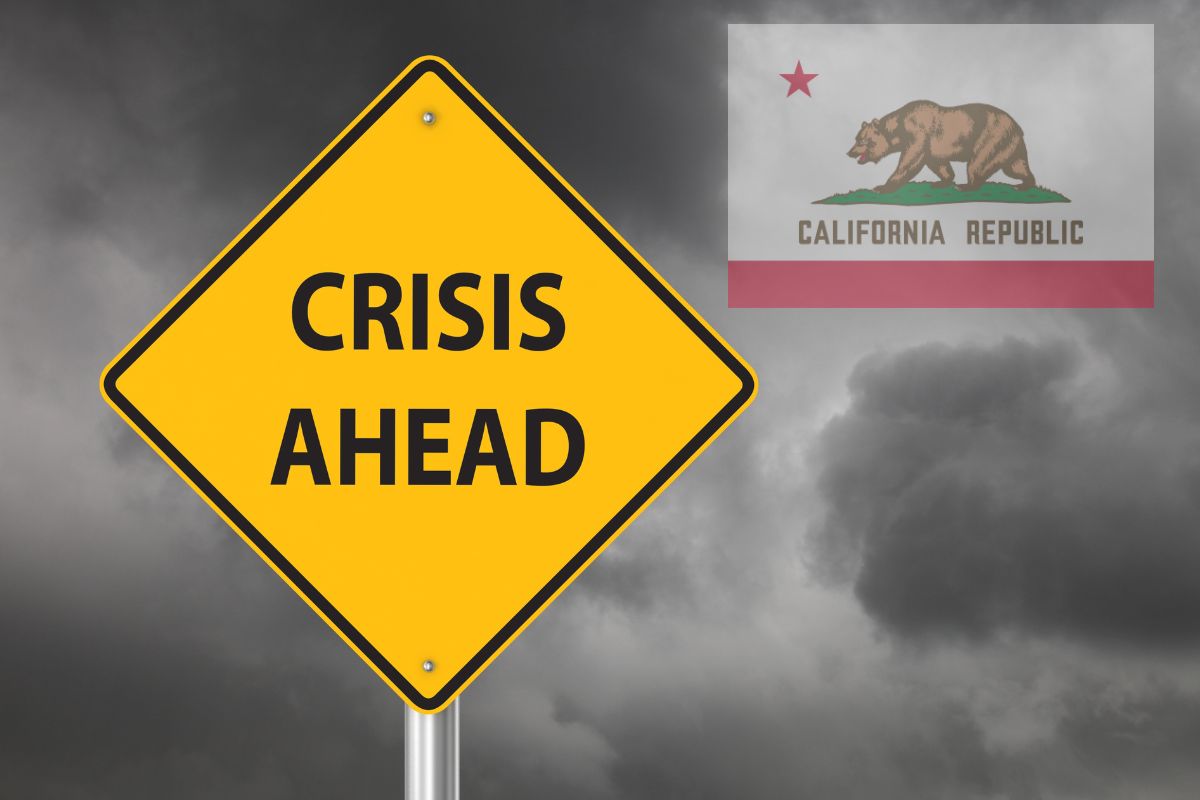Increasingly frequent and damaging wildfires are making coverage extremely expensive, when it’s available.
Climate change has been blamed for the worsening wildfires that have plagued California over the last few years, and this problem has been affecting the insurance industry to an increasing degree, as coverage becomes more difficult to obtain, and challenging to afford when it is available.
Major insurers State Farm and Allstate have stopped selling new home and business policies in California.
As is the case with natural disasters in other parts of the country, such as the record-breaking hurricanes affecting Texas, Louisiana, Florida, and much of the east coast, climate change has also been pushing California into more dramatic weather patterns leading to highly destructive wildfires. When combined with the increased costs of rebuilding, insurers are determining that under current – and worsening – conditions, they cannot afford to continue selling in the state.

The insurance industry is among the first to feel the direct impact of the warming planet, and it is proving to be expensive. Insurers are struggling to keep up with how quickly things are changing when compared to the modeling they’ve been able to rely on for years.
As a result, climate change is making coverage hard to find and increasingly difficult to afford.
Homeowners and business owners who already have coverage with State Farm and Allstate will still be able to keep their policies. The insurers aren’t leaving California. However, they are no longer selling there, and this is causing consumers on the hunt for coverage to face far fewer options, if any.
This places many homeowners and business owners in a risky situation that they might not be able to afford. Moreover, many homes are required to have insurance as a part of their mortgage agreements. This means that if homeowners allow their coverage to lapse, force-placed insurance is purchased by the lender on their behalf. Those policies can be even more expensive than the original policies they were unable to afford.
The decisions State Farm and Allstate have made in response to the climate change patterns “in the most valuable real estate market in the country” pose a threat to California’s broader economy and risks spurring other insurers to make similar decisions, said Stanford University climate and energy policy expert Michael Wara, as quoted in a recent POLITICO report.

